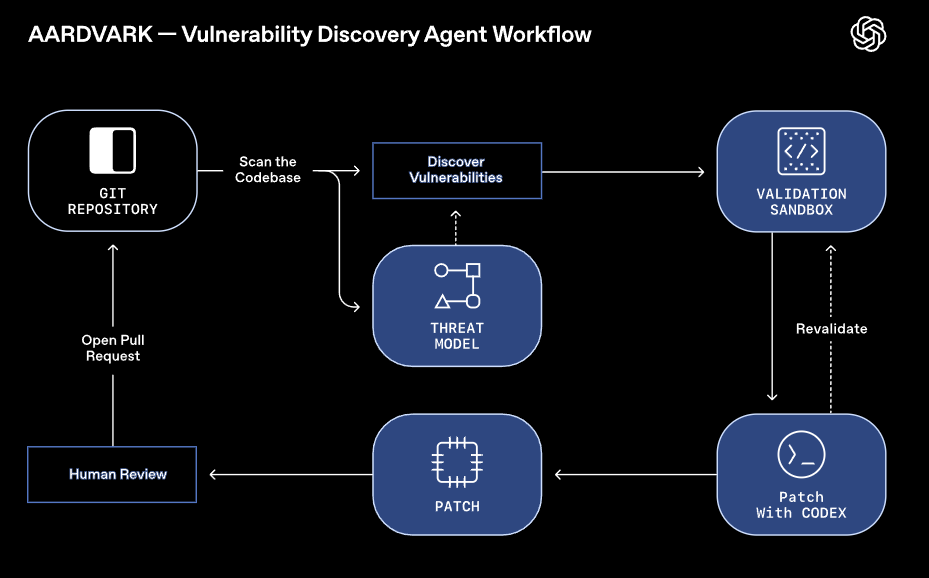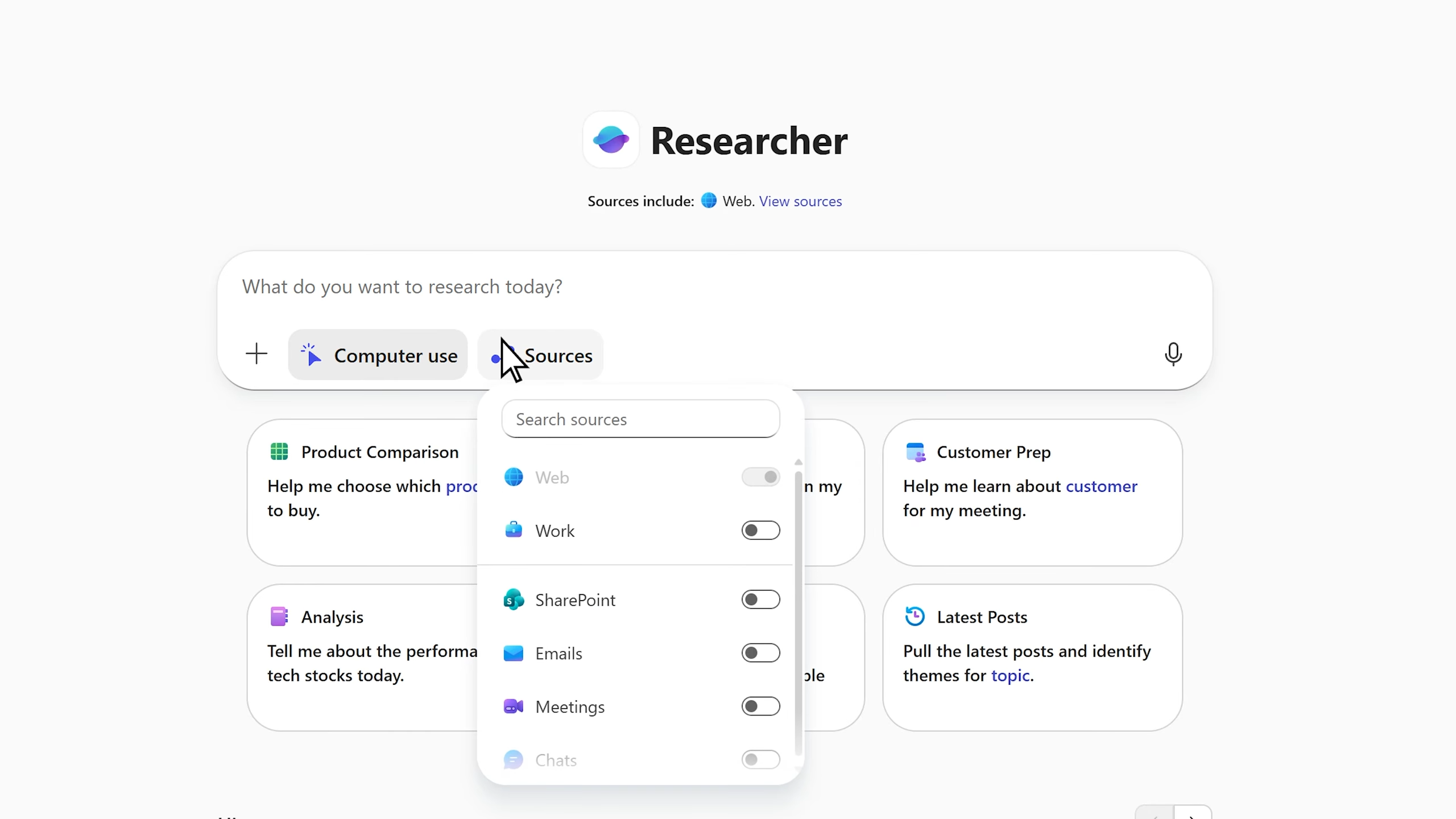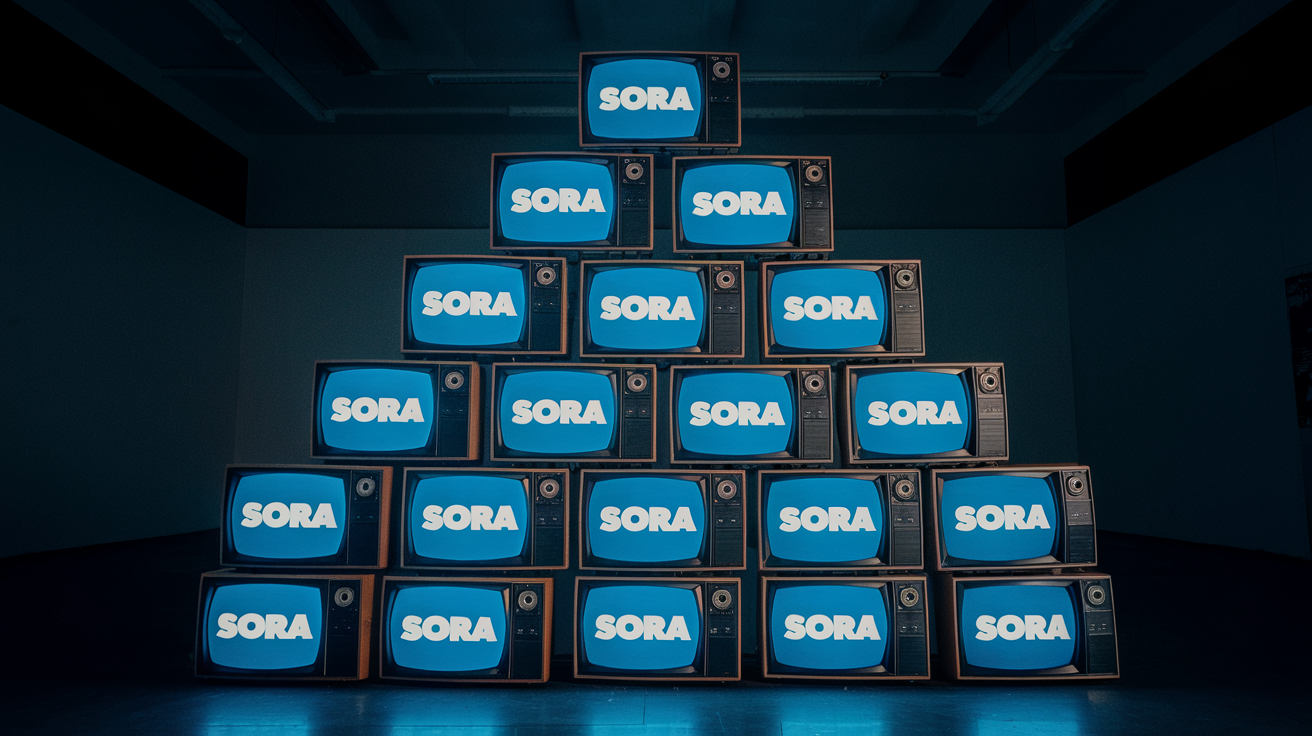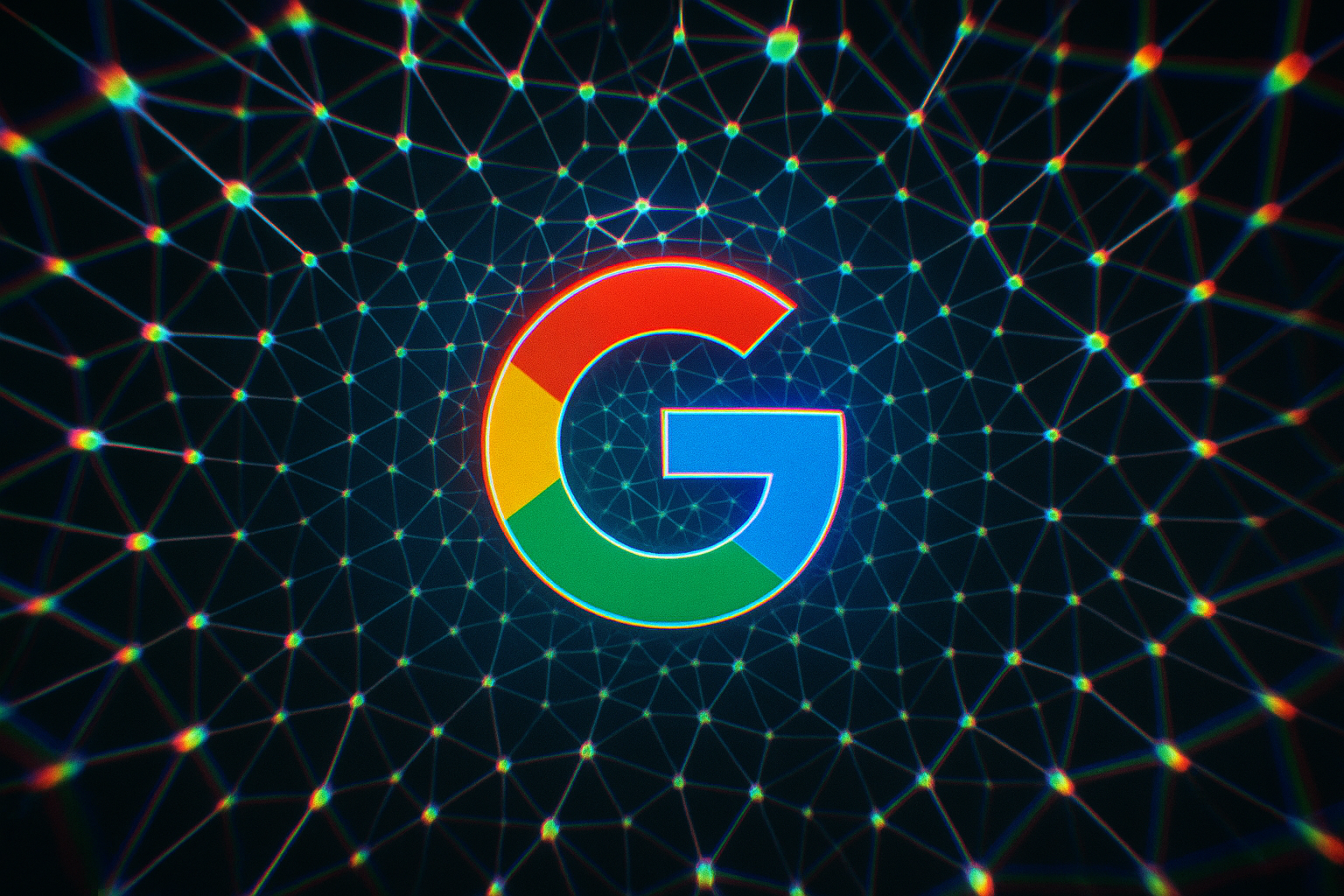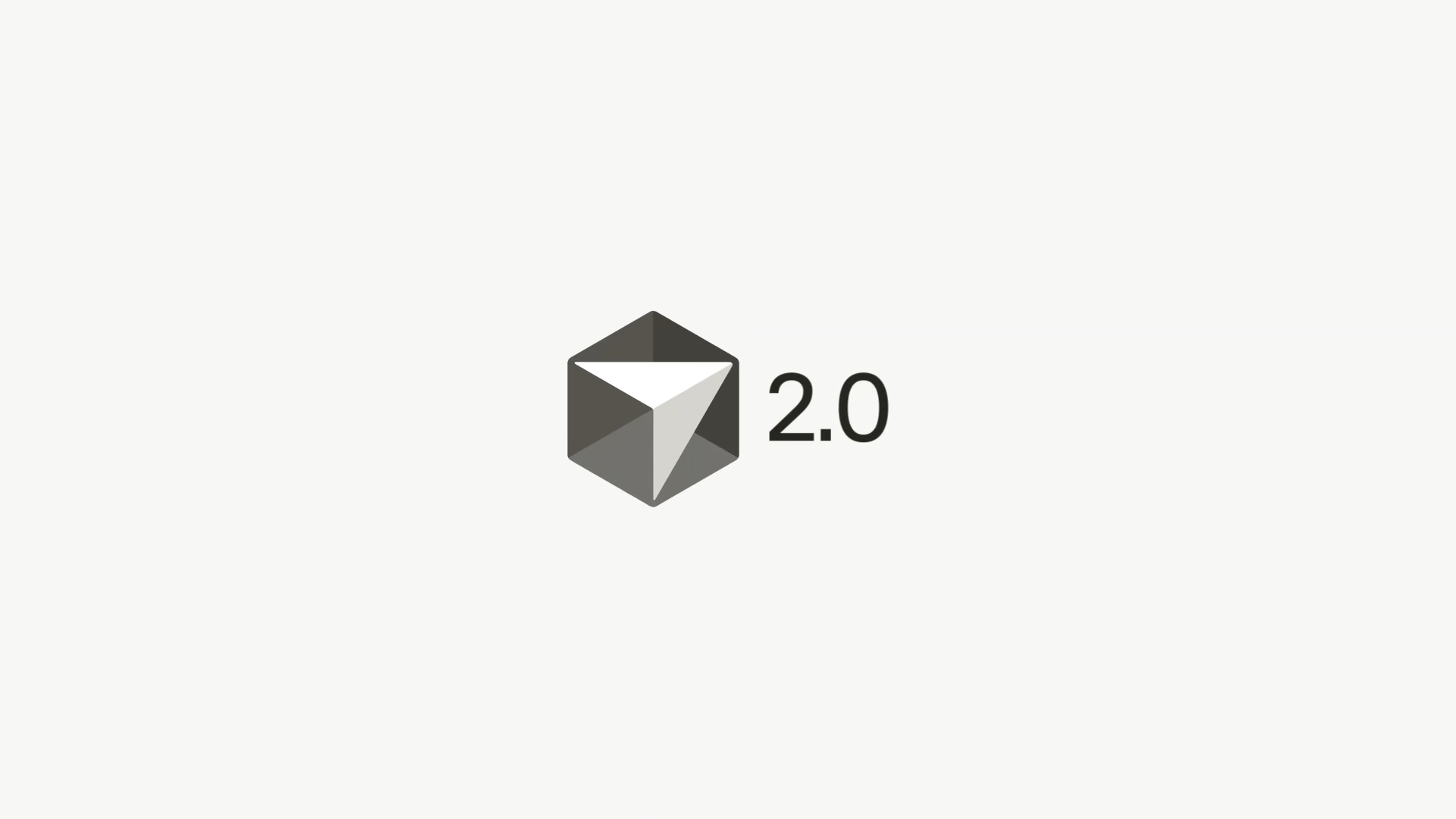Udio, an AI music startup, recently reached a settlement with Universal Music Group. While the agreement ends an ongoing copyright lawsuit, it also brought sweeping new restrictions that have angered many users. Songs generated with Udio can no longer be downloaded, streamed, or used in personal projects.
On platforms like Reddit and Discord, frustrated users have voiced their anger and announced plans to leave Udio altogether. During an online meeting, Udio CEO Andrew Sanchez offered free credits as compensation but stopped short of promising any policy changes. Looking ahead, Udio and Universal plan to launch a paid music service next year that will feature fully licensed material.
